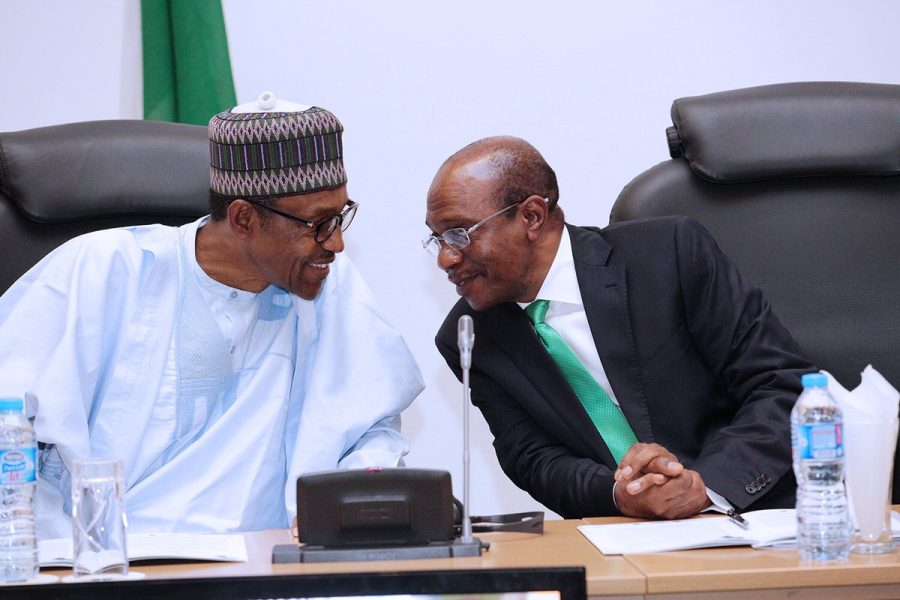Nigeria’s external reserve fell by $261 million in 15 days as the central bank marginally increased sale of forex in the I&E window.
Data from the website of the apex bank reveals Nigeria’s external reserve is now $36.3 billion as at June 18th 2020. Nairametrics tracks the external reserve position on a weekly basis.
The last time Nairametrics checked the external reserve position on June 3rd the central bank has $36.57 billion. The drop is in line with expectations considering the limited dollar earnings due to stiff OPEC cuts and low crude oil prices.
Nigeria’s external reserve has declined for a second consecutive week since June 3, 2020, when it stood at $36.577 billion. This represents a decline of $261 million or 0.71% in 15 days when compared to the $36.316 billion as of June 18, 2020.
READ ALSO: Will Monetary policy Committee (MPC) alter rates this week?
Also, note that Nigeria’s external reserve position is now down $9 billion years to date and down from its peak of $45.17 billion achieved.
The naira has been under pressure against other major currencies, particularly the dollar, since the fall in oil prices and the outbreak of the COVID-19 pandemic. This has triggered a wave of currency speculators who believe the devaluation which occurred in March should be have been more. The CBN devalued it’s the official exchange rate in March from N307/$1 reacting to the fall in crude oil prices. However, Brent crude oil prices have risen since then to over $43 per barrel but yet to hit pre-crash level prices. Speculators are betting that the government may devalue further if they are to fund the government’s huge revenue gap.
READ MORE: Naira falls against the dollar across forex markets as liquidity drops by 43%
However, dollar shortages, which is impacting on the external reserve, continues to be on the burner and widening the exchange rate at the I&E window and the black market. Several reports monitored by Nairametrics suggest the accumulated demand for foreign exchange in the market especially by importers and foreign investors who want to repatriate their funds could be between $1.5–$5 billion as supply shortages persist. The rise in dollar demand and the contrasting fall in supply has given rise for calls for another round of devaluation by CBN.
Nairametrics had reported that the Federal Government through the Economic Sustainability Committee had proposed the unification of the exchange rate to maximize naira returns to FAAC from the foreign exchange inflows. The policy measures by the committee is also to help manage the exchange rate in a sustainable manner.
Download the Nairametrics News App
As part of the measure to improve the foreign exchange supply to CBN, the committee had recommended the sales of foreign exchange supply directly to the apex bank by oil companies and oil service companies instead of NNPC.
The naira depreciated to N386.50 to a dollar at the Investors and Exporters (I&E) window last week Friday. It also depreciated to N455 to a dollar at the parallel market otherwise known as the black market.






















